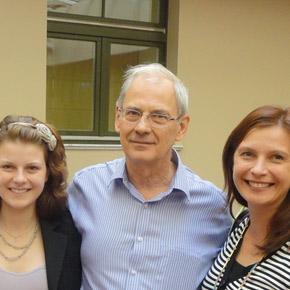How to Increase the Impact of Leadership Coaching?
If you have been wondering how much money your organization has spent on training or coaching and what results have been achieved, this blog is for you. Typically, at the end of a coaching day, the immediate feeling is evaluated - how participants experienced the training day. However, measuring just the feeling is not a guarantee of a change in behavior.







